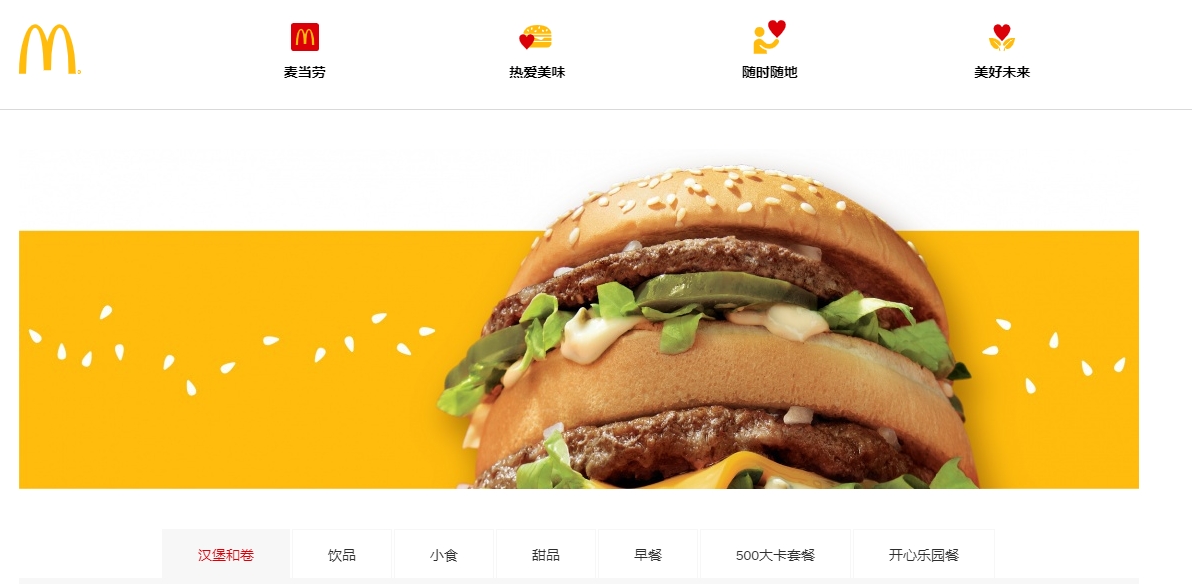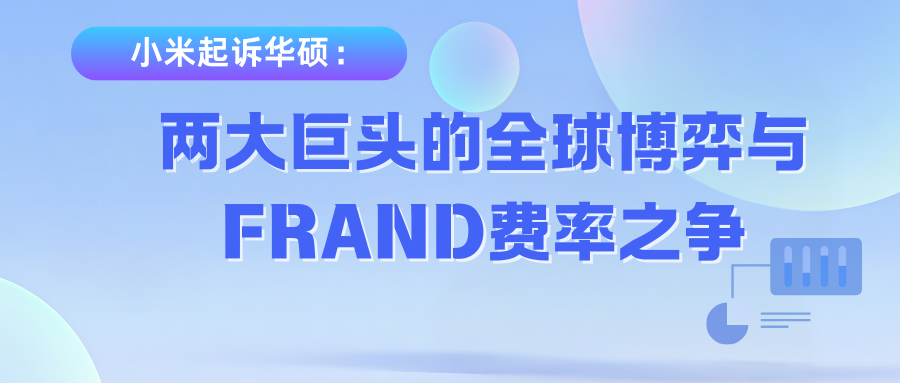After the explosive sale of Luckin Moutais "Sauce flavored Latte 2.0", whose pocket did the trademark quietly
2025-09-29 | 发布于:赛立信
The worker who worked in the morning and evening was once again taken advantage of by Luckin.
At 8:00 on September 10, Kweichow Moutai × Ruixing Coffee "Soy Sauce Latte 2.0" was launched nationwide, with small programs collapsing, stores queuing, scalpers charging 30 yuan to buy on behalf of others, and Weibo hot search was the first direct word.
But few people noticed that on August 15, the China National Intellectual Property Administration listed a batch of new applications——
Class 30 "Coffee Beverage" Trademark, Registered by Luckin Coffee (China) Co., Ltd;
Class 33 "Alcoholic Beverages" trademark, registered by Luckin Coffee.
Maotai only appears in the "Production License" column and is not even a co applicant.
Who owns the trademark of a co branded coffee? Is Maotai really just a 'friendly guest appearance'?
Today, we drank this sauce flavored latte to the bottom of the Trademark Office.
1、 Co branding ≠ Co ownership: There is only one person's name on the trademark register
Many people think that 'co branding=trademark co ownership', but that's wrong.
Trademark rights are subject to the principle of "registration effectiveness", where whoever submits, pays, and obtains the license, the name on the register belongs to them.
Search found:
After the first generation of sauce flavored latte became popular on September 4, 2023, Luckin Coffee applied for 9 trademarks including "sauce flavored latte", "sauce flavored red", and "sauce flavored blue" in 30 categories of "coffee beverages" at once, all of which have entered the "preliminary examination announcement";
2. Maotai Group only applied for its own trademarks such as "Kweichow Moutai" and "MOUTAI" at the same time, without touching the word "Maotai flavor";
On August 15, 2024, Luckin Coffee submitted the text and graphic combination of "Sauce Fragrance Latte 2.0" and "Sauce Fragrance 2.0" again, with category still 30+33 and Maotai still absent.
Conclusion: Legally speaking, the four words "sauce flavored latte" have no ownership relationship with Maotai from 1.0 to 2.0. Maotai only provides the production license and brand endorsement for "53 degree Feitian Maotai liquor", which is equivalent to B2B raw material supply and endorsement authorization, rather than trademark license.
In other words, if Luckin wants to switch to Erguotou or whiskey one day, as long as the recipe is changed, it can still be called "Sauce flavored Latte 3.0", and Maotai doesn't even have the qualification to say no.
2、 Why is Maotai willing to "go naked"? Three types of business calculations
1. Youthfulness KPI:
Maotai's internal strategy for 2025 proposes to increase the proportion of consumers under 30 years old to 35%, while Luckin Coffee's 1829 year old users account for 62%. With precise traffic feeding, one gram of Feitian can exchange one pound of young people's minds.
2. High gross profit and light assets:
A cup of sauce flavored latte 2.0 is priced at 19 yuan, with only 3 ml of Feitian Maotai poured inside. Based on the factory price, the cost of this drink is 6 yuan - don't worry, Maotai actually makes more money: skipping the layers of commission from distributors, skipping the rent and utilities of specialty stores, and skipping the salary of salespersons. The same gram of wine is sold directly to Luckin Coffee, making the money faster, lighter, and thicker.
3. Outsourcing the risk of brand "dimensionality reduction":
The combination of alcohol and coffee, once overturned due to "drunk driving" and "health", the first responsible party is Luckin Coffee; If the trademark is not under one's own name, a legal firewall naturally exists.
So, Maotai seems to be "losing out", but in reality, it has transferred its heaviest asset (trademark) in exchange for the lightest exposure, and its calculations are even louder than the turbulence of the Chishui River.
3、 Luckin Coffee's' Sunshine Strategy ': Turning Co branding into a Private Domain
1. Trademark moat:
Once the registration of "sauce flavored latte" is successful, it is equivalent to putting the sub track of "Maotai flavor coffee" into one's pocket; In the future, any brand that produces "Maotai+Coffee" will face the risk of "similar trademark" rejection.
2. Capital Story:
In the Q2 2024 financial report, Luckin Coffee's total revenue was 8.4 billion yuan, a year-on-year increase of 35%, but the growth rate of its stores slowed down. The capital market needs a new narrative, and as a phenomenal SKU, "sauce flavored latte" can be packaged as a benchmark for "Chinese coffee taste innovation" to boost its valuation.
3. Private domain repurchase:
On the day of its launch, 1.0 sold 5.42 million cups, and 2.0 pre-sale coupons exceeded 1 million in just one hour; As a result, the Luckin App has added 13 million registered users, which is equivalent to an amount that cannot be bought with 100 million yuan in advertising expenses.
Having the trademark in hand means that we can continue with "Sauce Fragrance 3.0, 4.0" next year and the year after, turning one-time bestsellers into "holiday limited edition" evergreen trees, with a repurchase rate equal to a private domain moat.
4、 Maotai's "hidden reef": brand dilution and crisis of "Maotai" generalization
Article 49 of the Trademark Law: A registered trademark becomes the common name of its approved goods, and any unit or individual may apply for revocation.
After the popularity of "Maotai flavor latte", Xiaohongshu and Tiktok appeared a large number of "home-made Maotai flavor latte" courses. The 53 degree Feitian was ridiculed as "Maotai flavor essence", and the brand premium faced the risk of "generic naming".
What's even more dangerous is that if Luckin Coffee continues to monopolize the "sauce flavored coffee" scene, consumers will unconsciously associate "sauce flavored" with "Luckin Coffee", which will actually weaken the scarcity of "Maotai".
At that time, if Maotai wants to promote "Maotai Ice Cream 2.0" and "Maotai Chocolate" again, it may find itself becoming a "joint venture party", which is the real brand backlash.
5、 A joint avoidance guide for all 'Party A'
1. The ownership of the trademark is written in advance into the contract:
It is possible to agree on a "joint application" or "one party's application+the other party's exclusive license", and attach a clause of "transfer/cancellation of the trademark after brand termination" to prevent "the trademark is still in the hands of the opponent".
2. Register category "full" instead of "percentage":
Maotai has only made 33 types of Baijiu, but Ruixing has swept all 30 types of coffee, 35 types of advertisements and 43 types of catering, which is equivalent to surrounding the co branding scene.
3. Additional "Quality Control Clause":
Once a food safety incident occurs with the product, the trademark owner may revoke the trademark based on Article 47 of the Trademark Law, which states "adverse effects", forcing both parties to share the risk.
4. Joint term and repurchase mechanism:
After the expiration of the 35 year cooperation period, the trademark rights will be repurchased or jointly cancelled at fair value to avoid brand dilution caused by "permanent joint branding".
6、 At the end: A cup of coffee, a power game
The style of Sauce flavored Latte 2.0 not only disperses the sauce fragrance of Maotai, but also the romantic filter of traditional brands towards the word "co branded".
In the cold ice database of the Trademark Office, there is no sentiment, only the applicant, registration number, and exclusive right period.
Moutai used a "production license" to get young people's first taste of Baijiu, and Ruixing used a "trademark monopoly" to get the taste patent of the coffee track.
Seemingly a win-win situation, it is actually a zero sum actuarial game:
Whoever leaves their name in the trademark book has the right to tell the next story.
Next time, when you raise your glass to a 19 yuan "sauce flavored latte", don't forget:
The real drunkenness may not be alcohol, but the brand.


